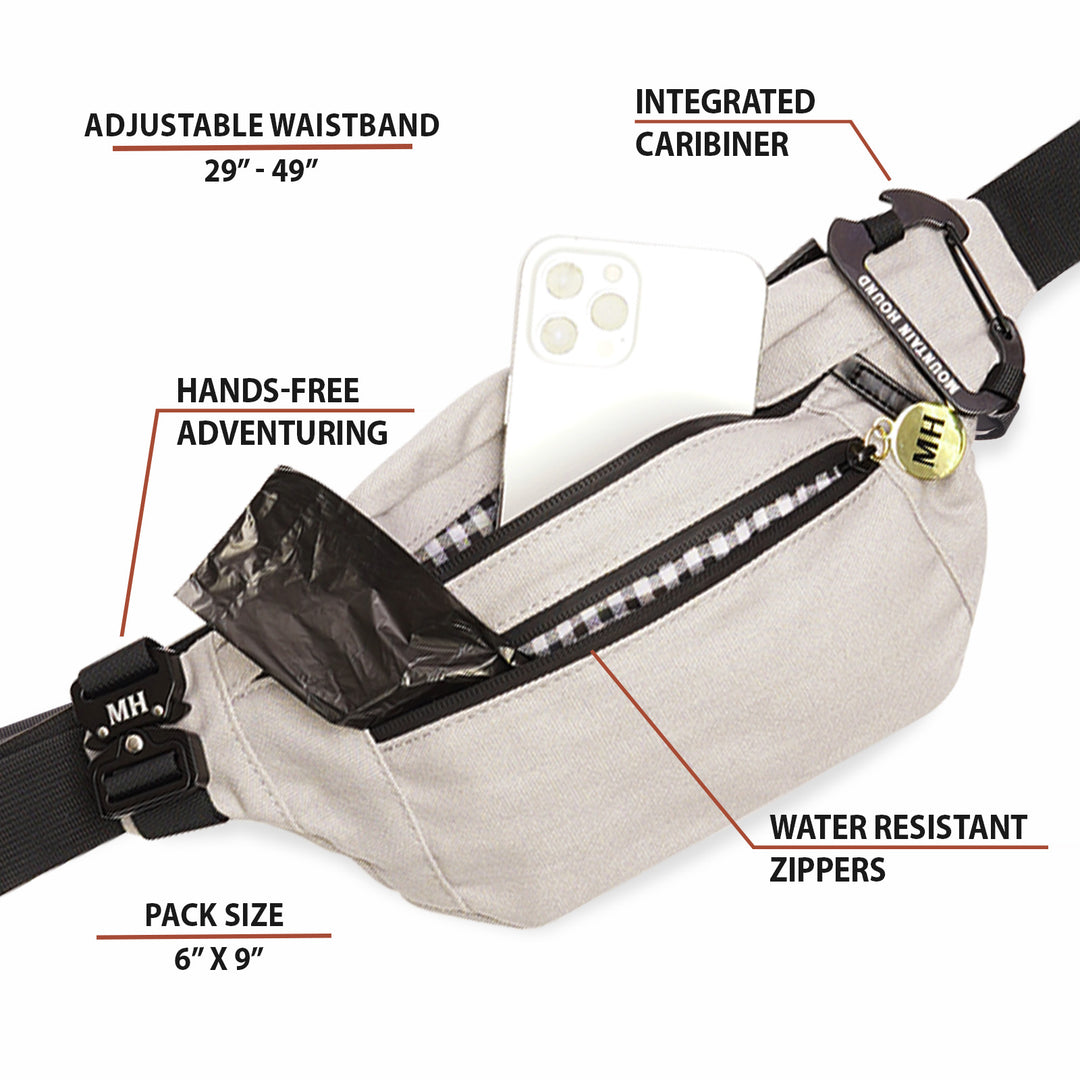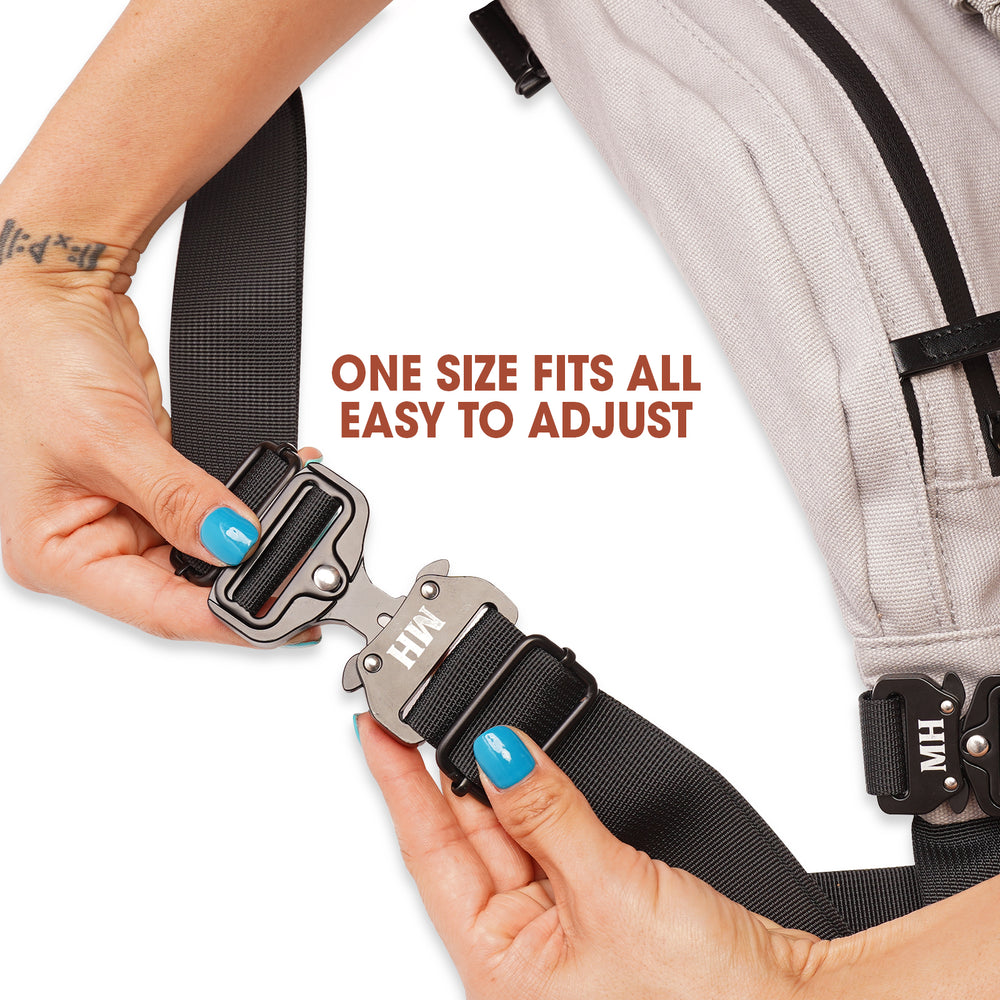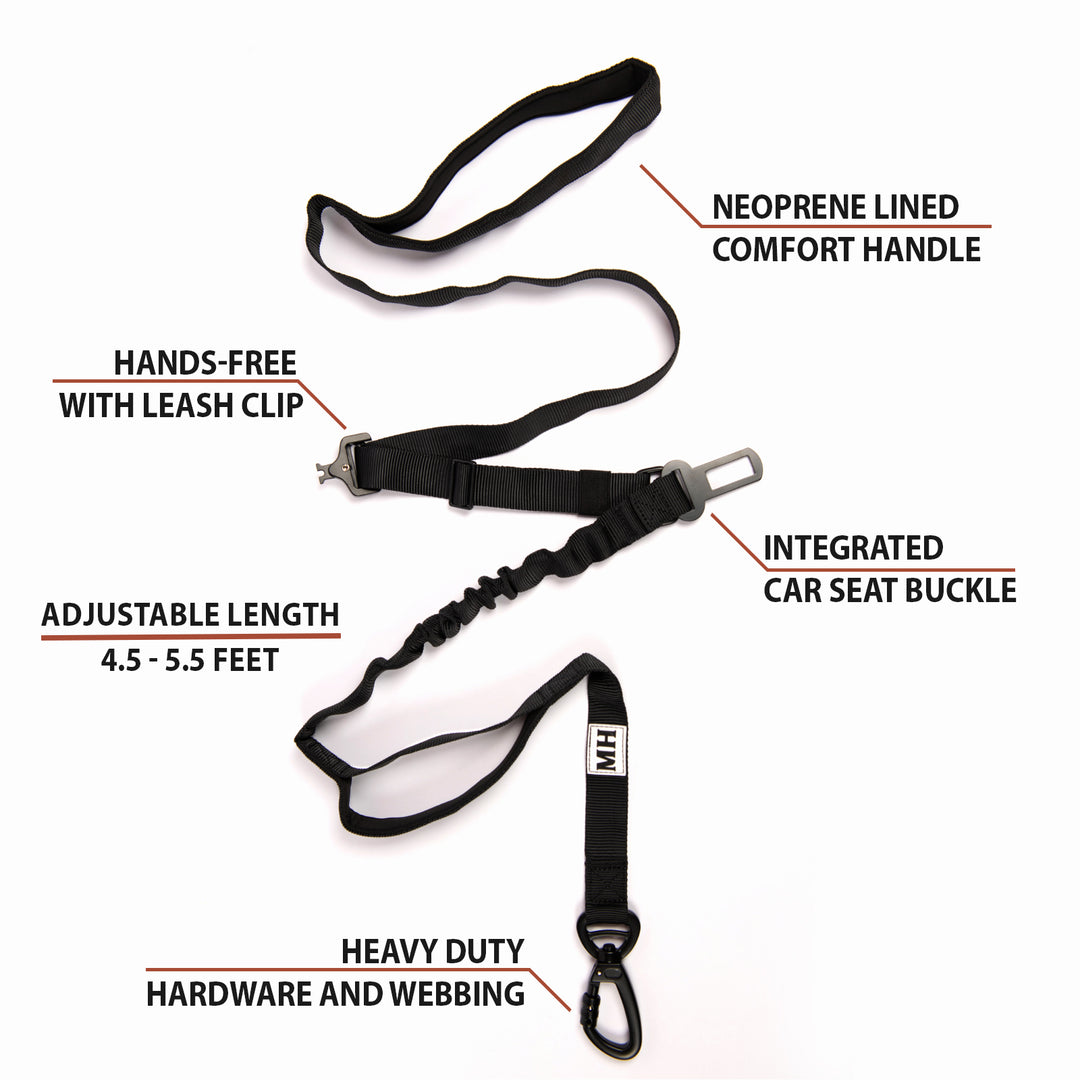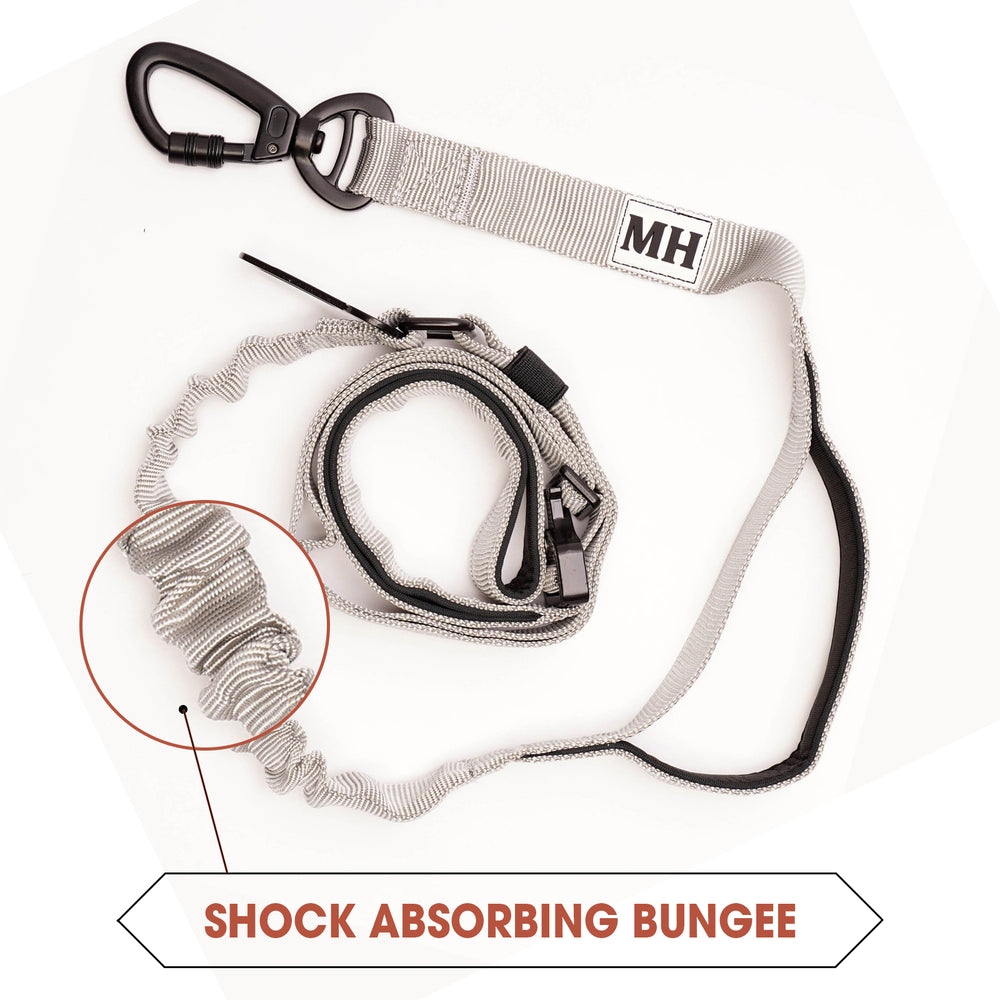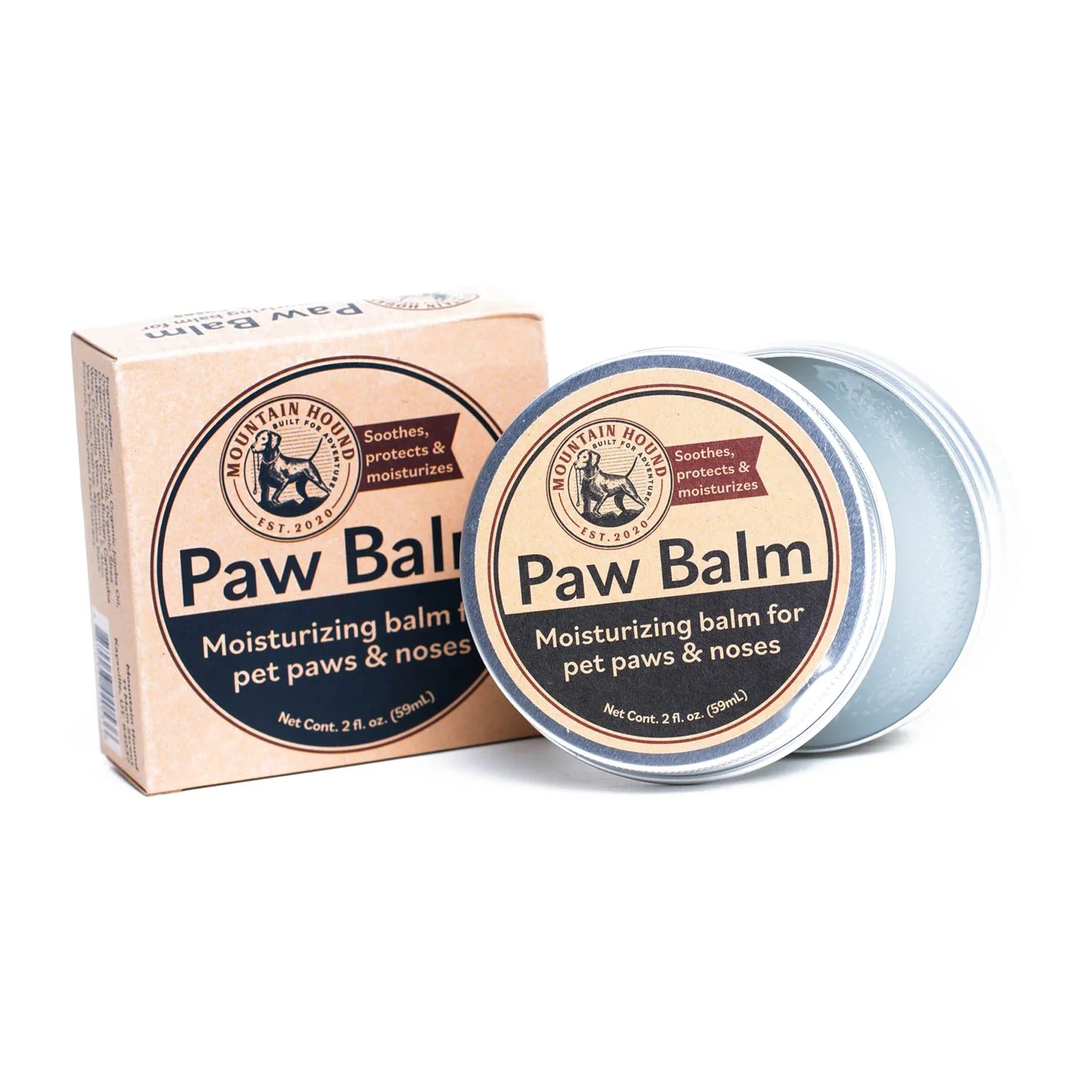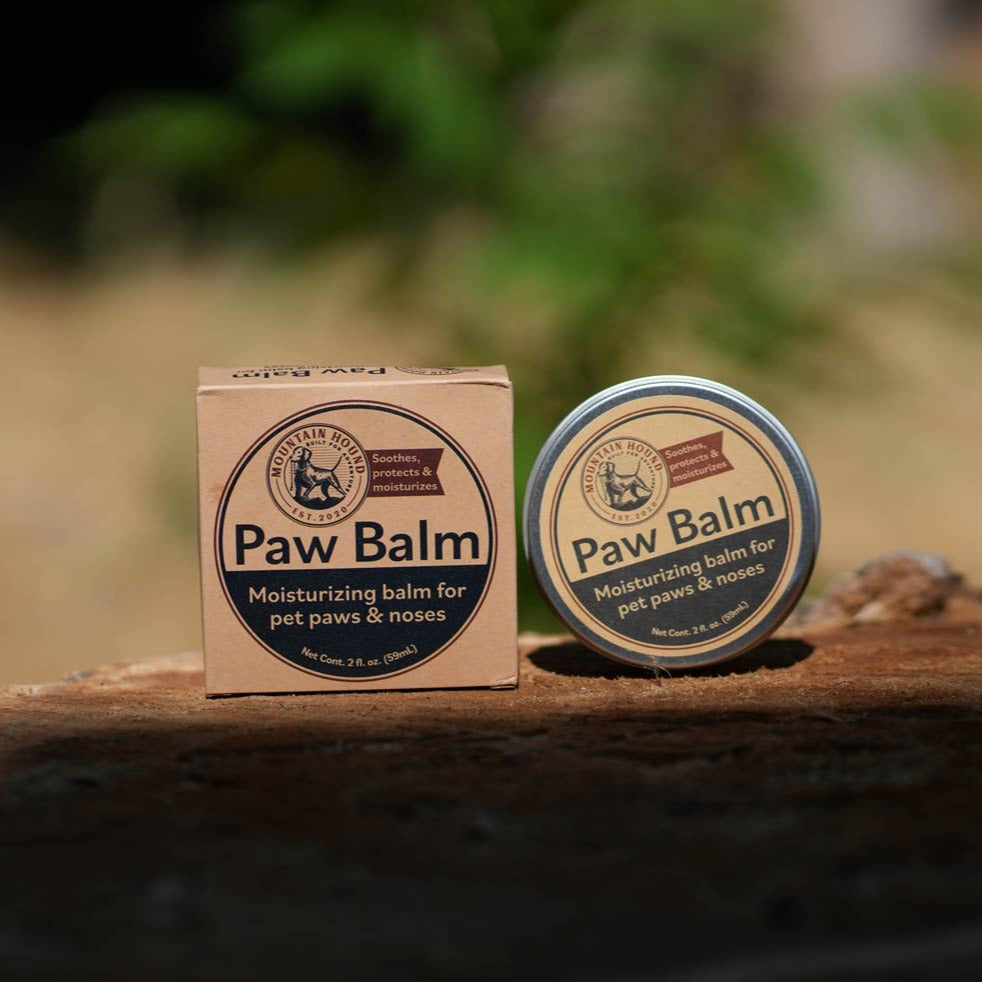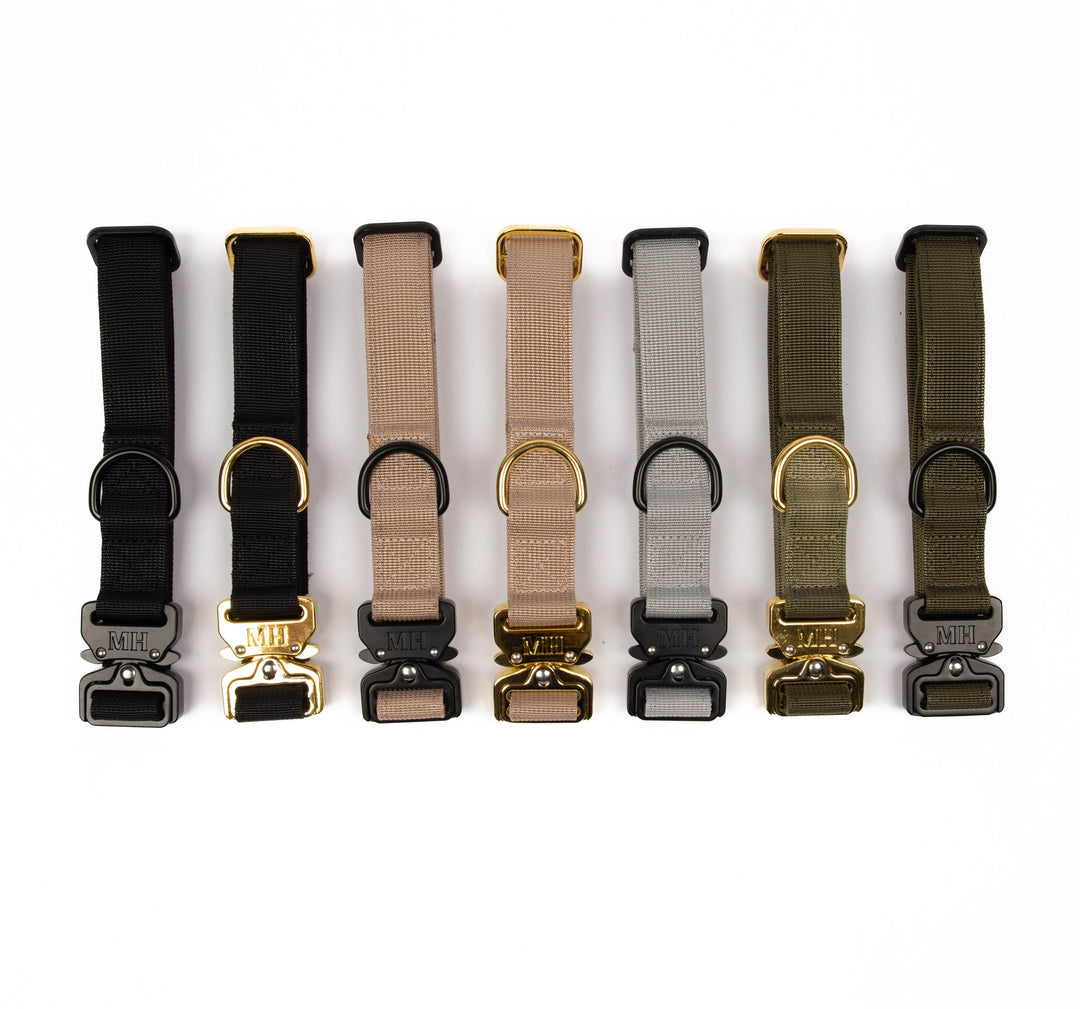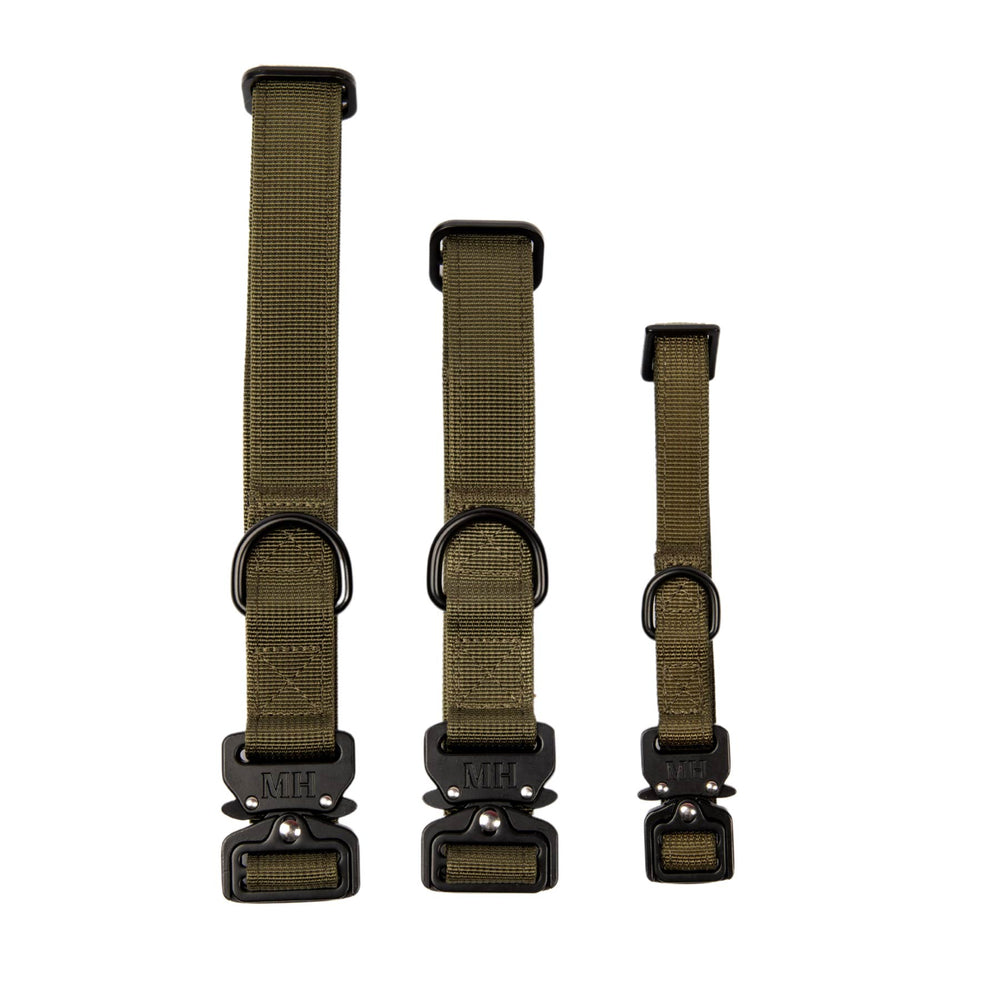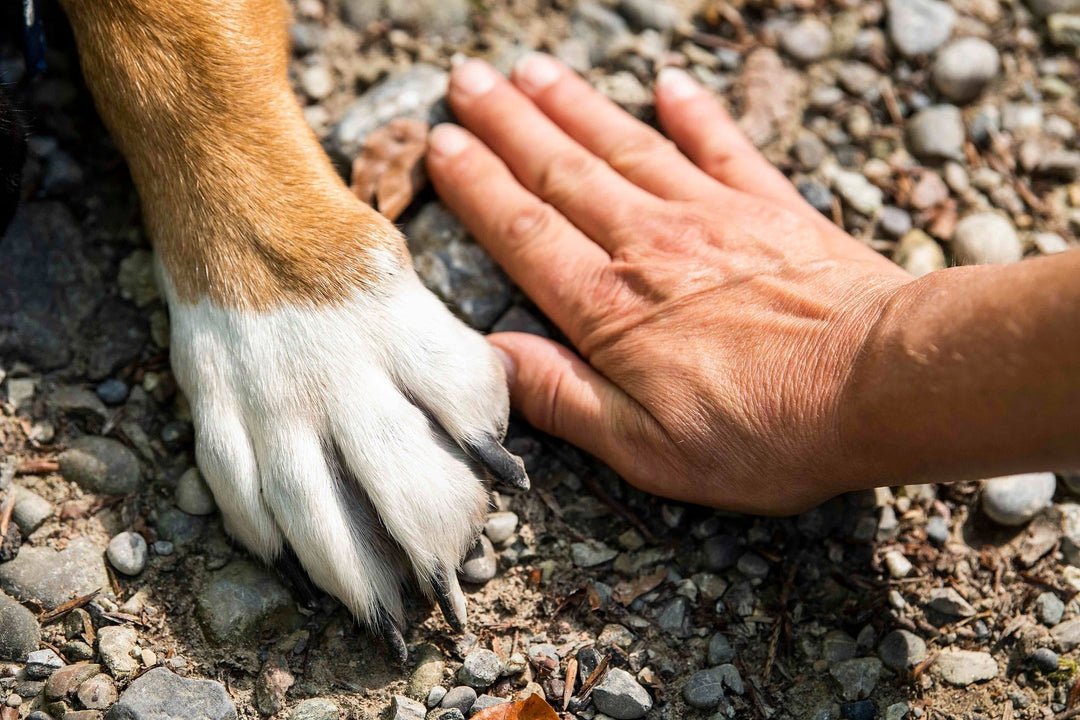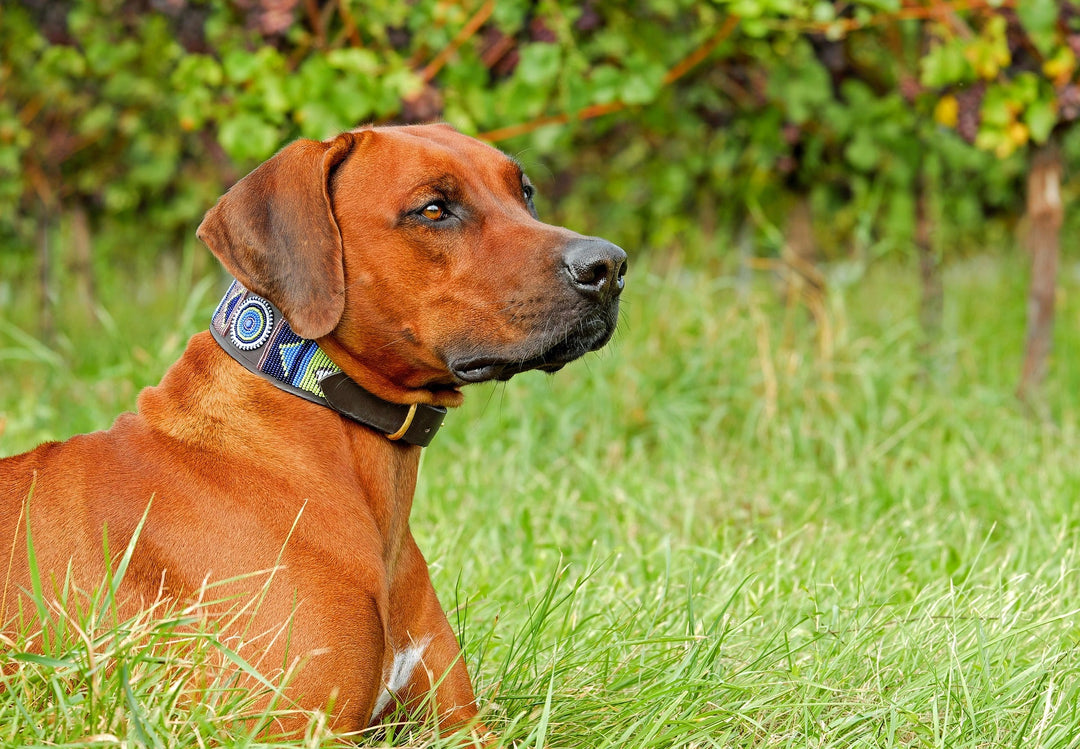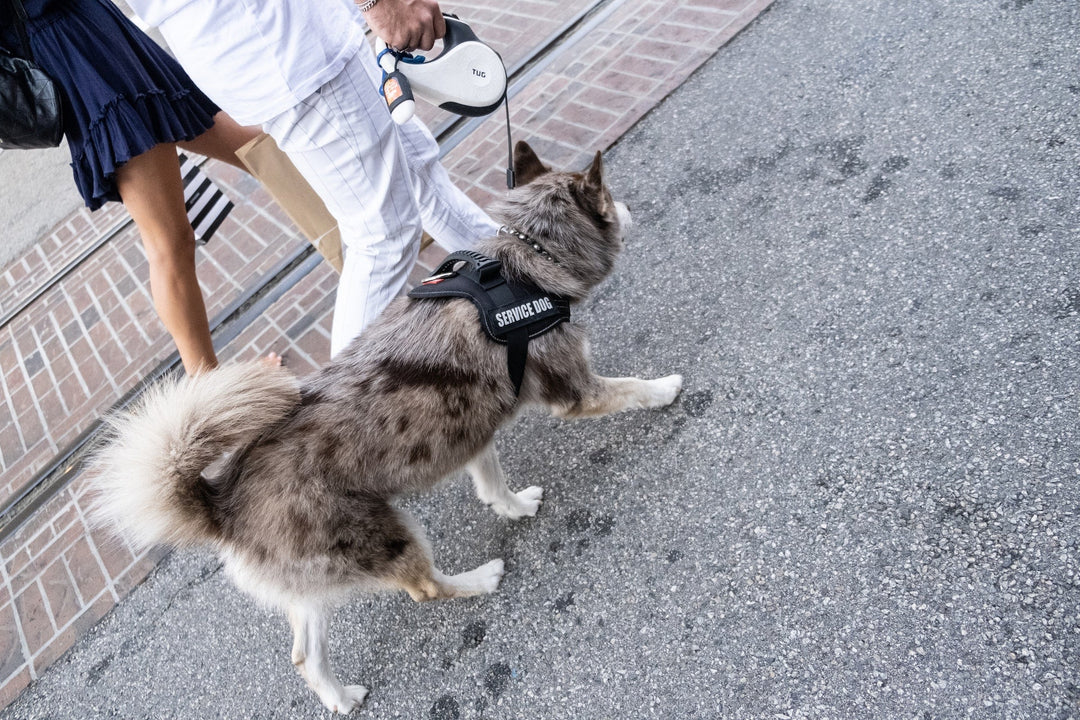House Training Your New Puppy: A Step-by-Step Guide
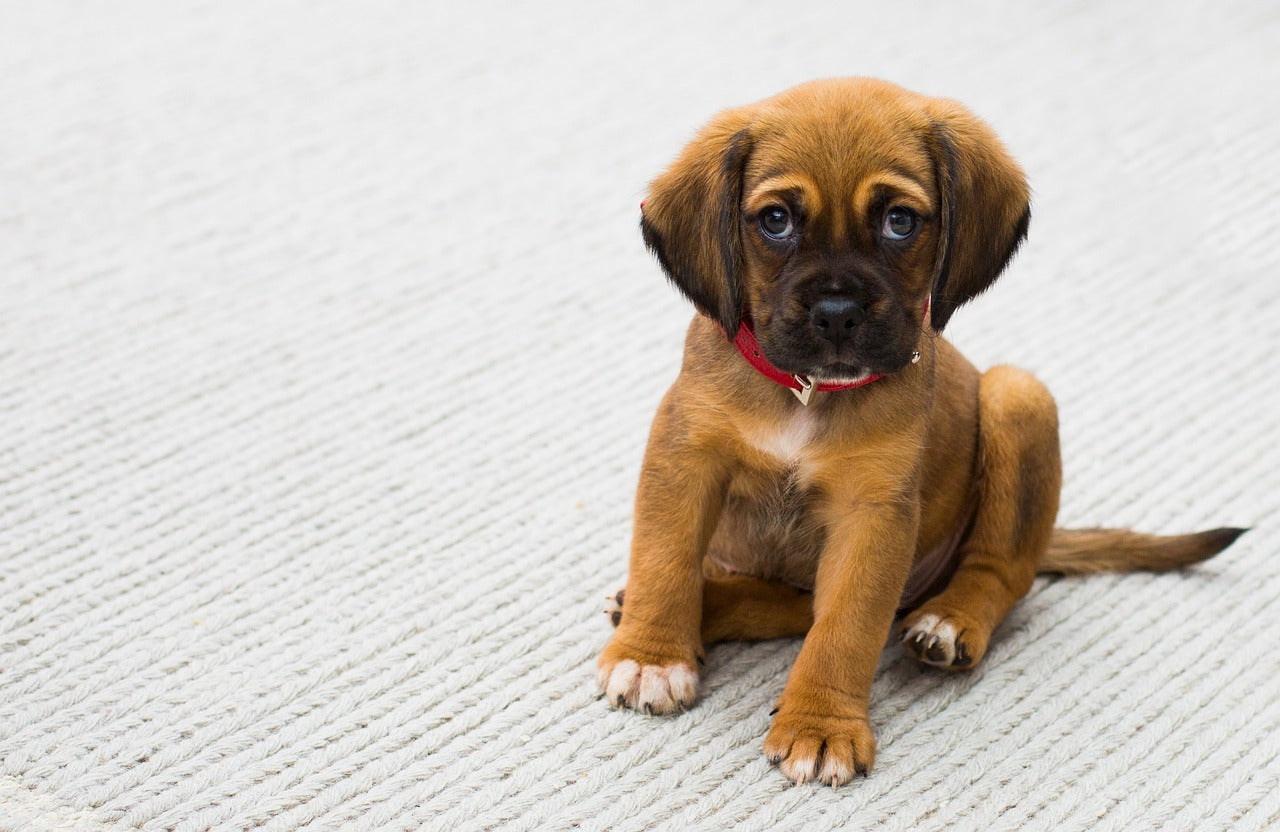
House training a puppy can be a daunting pet parent task, but it is important to get started as soon as possible. Our step-by-step guide will walk you through the somewhat soggy process of how to house train a puppy in a few easy steps! In addition, we will discuss when to start the training process and provide tips for house training reluctant puppies.
How to House Train A Puppy
Timing:
Most experts recommend starting house training as soon as you bring your puppy home. Starting the process early helps ensure that your puppy will learn good habits right away and decreases the risk of having to untrain any bad toileting behaviors down the road. An ideal time to start house training is around 8 to 10 weeks of age.
Routine:
Establish a routine for your puppy so they know when it is time to pop outside and what behavior is expected of them. This could include taking them out at regular intervals, such as first thing in the morning, after meals, or just before bedtime. Also, be sure to take them out after any naps or playtime activities.
Rewards:
Positive reinforcement is key when house training a puppy. Use treats or verbal praise to reward them for doing their business outside. This will help reinforce their good behavior and make it easier for them to remember the desired action.
Crate Training:
Crate training in an excellent way to help house train your puppy, as dogs will naturally avoid soiling their bedding. Place the crate in an area that is easily accessible but quiet and away from distractions. Make sure there are plenty of chew toys inside for your puppy to play with, and only keep them crated for short periods until they learn proper house training behaviors.
Accidents:
Accidents may happen during the house training process, but don't get discouraged! Clean up any accidents promptly and calmly using an enzymatic cleaner specifically designed for hound toileting accidents (or vinegar + water). Be sure to praise your puppy when they do their business outside.
Reluctant Puppies
If your puppy is stubborn or resistant to house training, try changing the routine by adding more frequent trips outside, using different treats as rewards, or trying out a new type of toy to keep them occupied in the crate. If your puppy still isn't responsive, consult a professional dog trainer for advice on how to house train a puppy with potential behavioral issues.
How Long Does It Take to House Train a Puppy?
House training a puppy takes time, and in some cases, this can even extend to several months, depending on the breed and puppy's temperament. However, as your puppy gets older and used to the routine you have in place, they will require less supervision in the toileting department! As a result, you may find that when your puppy needs to go outside, they sit at the door or wander to the door as though asking to go out! When that happens, pat yourself on the back, pet parent, that's a job well done!
The Final Puddle
Following these steps, you will have a house trained puppy in no time! Of course, House training takes patience and dedication, but you can quickly turn that naughty pup into a well-behaved family pet with consistency and positive reinforcement. Good luck!


